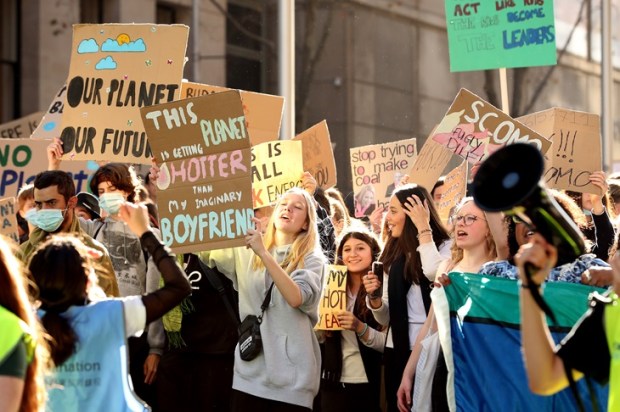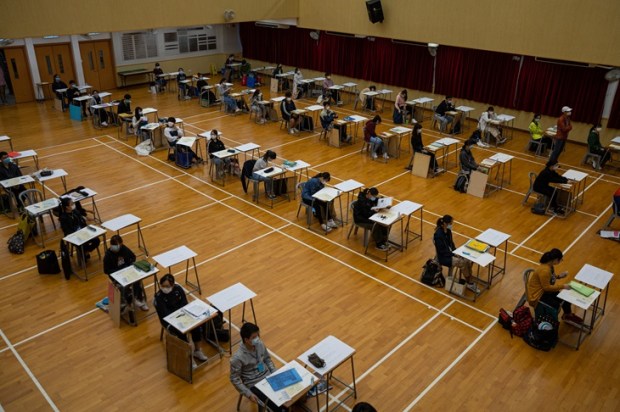Sydney’s Cardinal Anthony Fisher is right to praise the late Pope Benedict XVI as ‘a man of towering intellect and deep piety [who] was influential as a peritus (expert adviser) at the Second Vatican Council and in the subsequent interpretation and implementation of the Council’.
While Pope Benedict XVI is widely known for being the first Pope to resign in nearly 600 years he is better known by Catholics as one of the Church’s more conservative advocates and as a strong defender of religious orthodoxy as espoused by the magisterium.
In his role as the Prefect of the Vatican’s Congregation of the Doctrine of the Faith the then Cardinal Ratzinger refused to accommodate more progressive views about Church doctrine and earned a reputation as one of the Church’s most prescient and profound thinkers.
I first became aware of the Cardinal Ratzinger on reading Without Roots The West, Relativism, Christianity, Islam, co-authored with the Italian academic Marcello Pera and published in 2006.
Long before Douglas Murray published The Strange Death of Europe Ratzinger warned about the intellectual and spiritual malaise infecting Western Civilisation. In the chapter titled The Spiritual Roots of Europe: Yesterday, Today, and Tomorrow, Ratzinger warns about a Europe consumed by absolutist secularism.
After detailing Europe’s historical links to Christianity Ratzinger, as a result of the French Revolution and radical Enlightenment thinking, writes: ‘History is no longer measured on the basis of the idea of God that had preceded and moulded it. The state came to be understood in purely secular terms, as grounded in rationalism and the will of the citizens.’
As a result, Ratzinger writes we now live in a world where the secular state declares: ‘God is a private question that does not belong in the public sphere or to the democratic formation of the public will … from this perspective, religion and faith in God belonged to the domain of sentiment, not reason. God and His will therefore ceased to be relevant to public life.’
One only needs to note recent events in Australia where Israel Folau and Margaret Court were vilified and attacked because of their Christian faith and anyone remotely connected to Christianity, including Andrew Thorburn and the Victorian Liberal candidate Renee Heath, faced retribution to see how prescient Ratzinger was.
As a result of Christianity being cancelled, Ratzinger writes how Europe is now consumed by ‘a peculiar Western self-hatred that is nothing short of pathological’. Whether caused by cultural relativism and the rise of multiculturalism or the belief Western Civilisation is inherently evil Ratzinger warns about what happens to a society that turns its back on its religious underpinnings.
Ratzinger writes, proven by events in Europe where Germany and France opened their borders to all and sundry, cultural relativism ‘can sometimes amount to abandonment and denial, a flight from one’s own heritage’.
As noted by Cardinal Fisher, Pope Benedict XVI has a unique place in the hearts of Catholics in Australia as a result of his attendance at the World Youth Day in 2008 and his involvement in the canonisation of Mary Mackillop.
Cardinal George Pell in his obituary writes, ‘Pope Benedict was a holy and prayerful priest; a Christian gentleman of the old school, who always remained a learned and reserved German professor. He was a good pope, not a great pope, but neither a failure. He preserved the Apostolic faith, taught regularly and magnificently, so that he is universally regarded as one of the finest theologians and writers in the papacy’s almost 2000-year history.’ Amen to that.
Dr Kevin Donnelly is a senior fellow at the ACU’s PM Glynn Institute and editor of Christianity Matters in These Troubled Times.

























